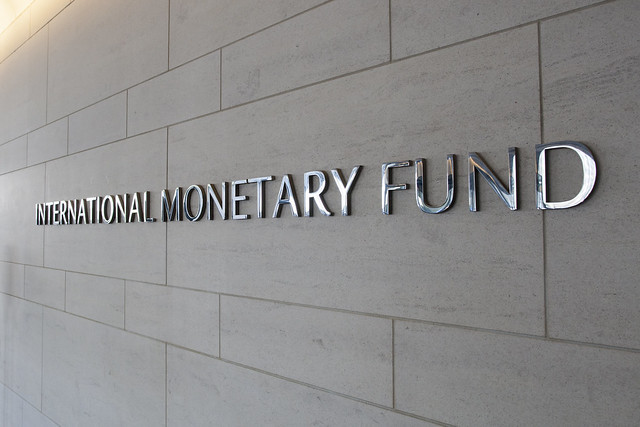The comments came in the IMF’s annual review of Luxembourg’s economy.
Real estate risks
The report noted that high real estate prices had led to “high levels of household indebtedness” in Luxembourg. That could lead to problems in case of a major economic downturn or big rise in interest rates.
While “most domestically-oriented banks would withstand well extreme real estate price shocks and high default rates”, the IMF “encouraged the authorities to alleviate housing supply constraints and to expand the macroprudential policy toolkit, introducing borrower‑based mortgage lending limits.”
Pension problems
Luxembourg has one of the lowest average retirement ages in the EU, the IMF observed. Without any policy changes, pension payments would increase national debt by 76% of GDP by 2058. The report stated:
“While acknowledging that Luxembourg’s pension system is sound over the near term, Directors saw merits in further reforms to ensure its long‑term sustainability. Given the long lags of pension reforms, they considered it essential to engage with key stakeholders in a timely manner, taking into account intergenerational equity and the tradeoffs of various reform options.”
“Structural gaps”
Luxembourg’s “labor market is buoyant”, the IMF observed. “However, long-term unemployment, while it has declined, remains high relative to 2009.”
The grand duchy also had a relatively low rate of labour market participation among workers aged 55 to 64.
The staff report (PDF) was completed in April and the public version was published (PDF) on 10 May.
In the report, the IMF also warned that Luxembourg’s economy remained vulnerable to “a disorderly Brexit, changes in international tax rules, and a sharp tightening of global financial conditions”.
Fund staff praised the government’s budget management and “welcomed the progress” towards clamping down on tax avoidance and money laundering.
